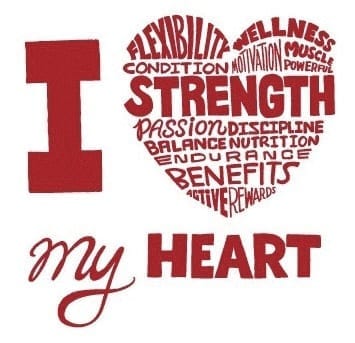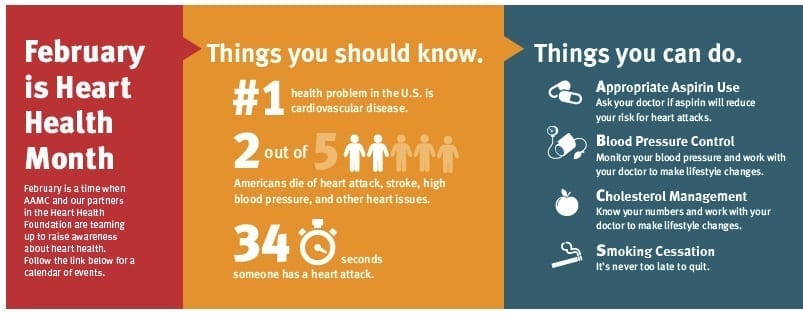Illegal Drugs and Heart Disease

Most illegal drugs can have adverse cardiovascular effects, ranging from abnormal heart rate to heart attacks. Injecting illegal drugs also can lead to cardiovascular problems, such as collapsed veins and bacterial infections of the blood vessels and heart valves.
Many drugs, such as cocaine, heroin, and various forms of amphetamine, affect the central nervous system and can alter a user’s consciousness. In addition to addiction, the side effects and risks associated with the use of these drugs include:
- changes in body temperature, heart rate, and blood pressure
- headaches, abdominal pain, and nausea
- impaired judgment and greater risk of some sexually transmitted infections
- the added danger of added substances (such as talc, poisons, herbicides, or other particles) which may cause a toxic reaction.
- possibility of added substances (such as talc, poisons, herbicides, or other particles) which may cause a toxic reaction.
- heart attacks, seizures, and respiratory arrest
More about Cocaine – the “perfect heart-attack drug”
The powdered form of cocaine is either inhaled through the nose (snorted) and absorbed through nasal tissue, or dissolved in water and injected into the bloodstream. Crack is a form of cocaine that has been processed to make a rock crystal that can be smoked.
Even so-called recreational cocaine users may have higher blood pressure, stiffer arteries and thicker heart muscle walls than non-users — all of which can cause a heart attack. An Australian study presented at the American Heart Association’s Scientific Sessions in 2012 was the first to document these cardiovascular abnormalities in seemingly healthy regular cocaine users long after the immediate effects of cocaine have worn off. Researchers – who called cocaine “the perfect heart attack drug” – showed how users had higher rates of multiple factors associated with higher risks of heart attack and stroke:
- 30 percent to 35 percent increase in aortic stiffening;
- 8 mm Hg higher systolic blood pressure; and
- 18 percent greater thickness of the heart’s left ventricle wall.
A United Nations World Drug Report estimated the prevalence of cocaine use in the United States for 2013 to be 1.6 percent of the population aged 12 and older, and it had remained stable in the previous few years.
Cocaine is an illegal drug most often associated with visits to U.S. hospital emergency departments. Cocaine use has been associated with chest pain and myocardial infarction. In 2011, it was involved in an estimated 40.3 percent of illicit drug-related emergency department visits (505,224 visits), versus about 36.4 percent (455,668 visits) for marijuana and about 20.6 percent (258,482 visits) for heroin.
Cocaine, amphetamine, and ecstasy can all have adverse effects on the cardiovascular system.
- Amphetamines, a class of drugs that includes methamphetamines, can be habit-forming and prone to abuse. The drugs are prescribed to treat Parkinson’s, obesity, narcolepsy, and attention deficit disorder with hyperactivity (ADHD). They stimulate the central nervous system (nerves and brain). This increases heart rate and blood pressure and decreases appetite, among other effects.
- Ecstasy, or MDMA, is illegal. It is known as a synthetic “club drug” with stimulant and hallucinogenic effects.
Drug Abuse is growing among older adults.
According to the National Institutes of Health, the number of illicit drug users age 50 and older is increasing. Illegal drug users aged 50 to 59 more than tripled between 2002 and 2012 – from 900,000 to more than 3 million. Larger numbers of older adults also are seeking treatment for substance abuse and having increased hospitalizations and more visits to emergency departments, up more than 130 percent in 55 to 64-year-olds from 2004 to 2009.
While it is relatively rare for adults over 65 to have ever used illicit drugs, baby boomers, adults currently in their 50s and early 60s, are more likely to have tried them during their youth than previous generations. Greater lifetime exposure could lead to higher rates of abuse as baby boomers age.
For more information and resources, please see:
- The National Institute on Drug Abuse:
- http://www.drugabuse.gov/drugs-abuse
- http://nihseniorhealth.gov/drugabuse/illicitdrugabuse/01.html
- National Institute of Health, about seniors and illicit drugs.
- http://www.dea.gov/druginfo/factsheets.shtml
- http://www.dea.gov/druginfo/factsheets.shtml
- Alcohol and Heart Disease
- Caffeine and Heart Disease
- Tobacco and Heart Disease

